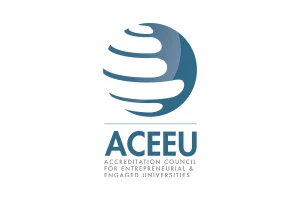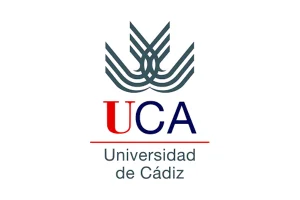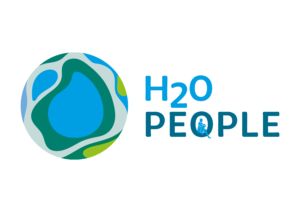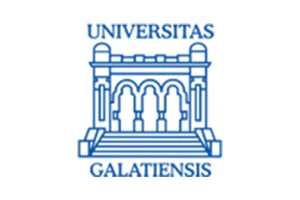Strengthening the competitiveness of the water sector through talent and innovation
About us
Summary
SKILLS4Water aims to equip students and young water professionals with essential soft skills, integrate them into higher education curricula, promoting innovation and leadership in the European water industry, and disseminate related best practises across Europe. This will contribute to building a sustainable and resilient water future and providing EU with skilled workforce. The initiative will benefit HEIs, their students, water industry and inform policymakers.
SKILLS4Water plans to provide
- Evaluation report of soft skills in the European water sector;
- Standardized framework for integrating soft skills into the higher education curricula for water management;
- Practical guidance for implementing the framework
- Report on designed learning activities;
- Report on pilot testing and validating;
- Soft Skills Assessment Guide
- Innovative training programme for the SKILLS4Water participants and connected target groups;
- Guidance toolkit for Soft Skills Development;
- Report on implemented innovative training programme;
- Creation of the Community Hub
The SKILLS4Water project identifies the demand for incorporating soft skills in the HEIs curricula and creates innovative learning and teaching activities and practices to be incorporated in the higher education water management curricula, thus guarantying project sustainability and transfer of results and innovative practices to wider community.
The innovation is at the core of SKILLS4Water as its focus is on soft skills which are often overlooked in traditional educational and professional training programs but are essential for success in the workplace. The project also incorporates a community-based approach, emphasizing collaboration, networking, and knowledge-sharing among students and young professionals.
Additionally, the project’s focus on institutional capacity-building is crucial in enabling HEIs to better address the challenges of the water sector and effectively implement the EU Green Deal. The combination of soft skills and institutional capacity building in SKILLS4Water sets it apart from other training programs and makes it an innovative and valuable initiative for the European water higher education and industry. Designed learning and training materials to incorporate soft skills into classes, along with the standardized framework for introducing those materials into the higher education curricula, will set a role model for other organisations to follow and implement. These will ultimately lead to better match between the higher education offerings and water market demand in terms of skills and competencies of future workforce and increase employability of the students and young professionals.
SKILLS4Water is a promote response to The European Year of Skills 2023 which is calling for lifelong learning programmes, empowering people and companies to contribute to the green and digital transitions, supporting innovation and competitiveness.
Contact us!
Objectives
The overall goal of SKILLS4Water is to
Project objectives towards the overall goal:
Create a framework for essential soft skills in water curricula
Integrated Capacity Building for the water industry
Criteria and best practices for an integrated framework with stakeholders
An empowering Community Hub to support development
Results
Four main results are planned from SKILLS4Water. These results will be enabled through tangible project deliverables.
Communication, Exploitation & Dissemination
- Communication plan and outreach strategy;
- Website and social media profiles;
- Sustainability Strategy;
- Final Project Conference Report: Download






